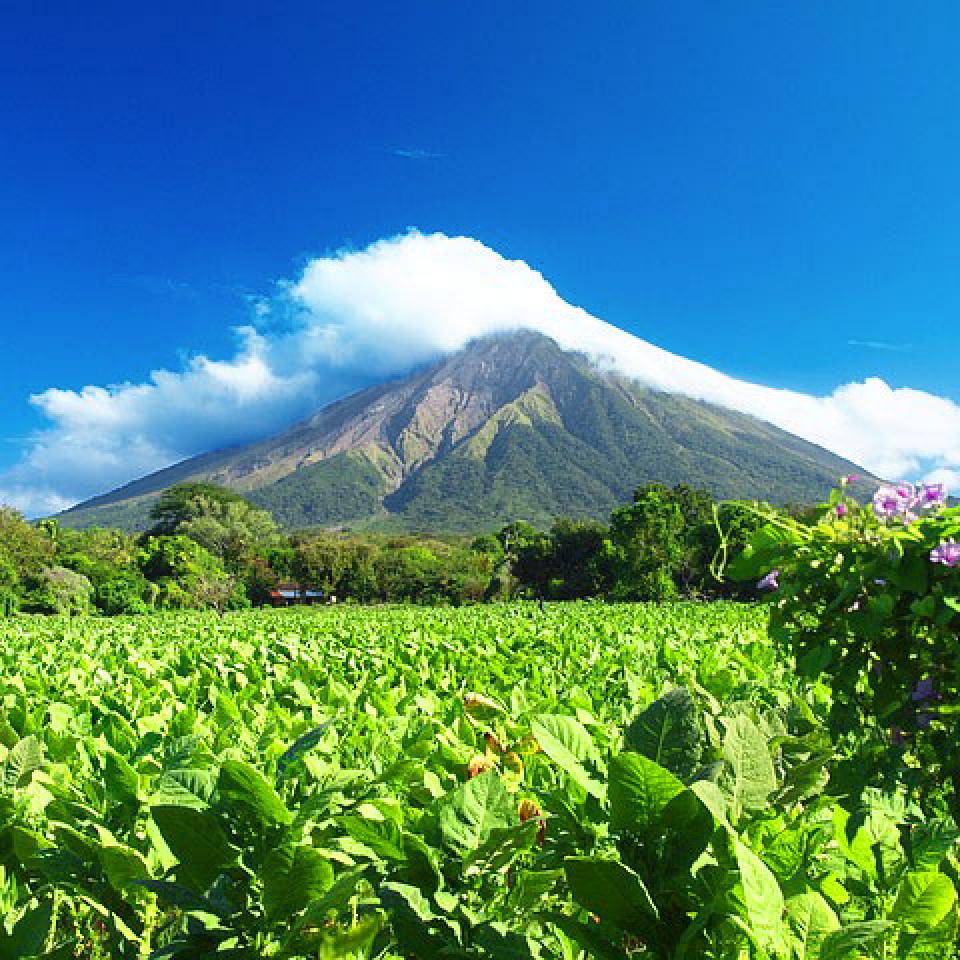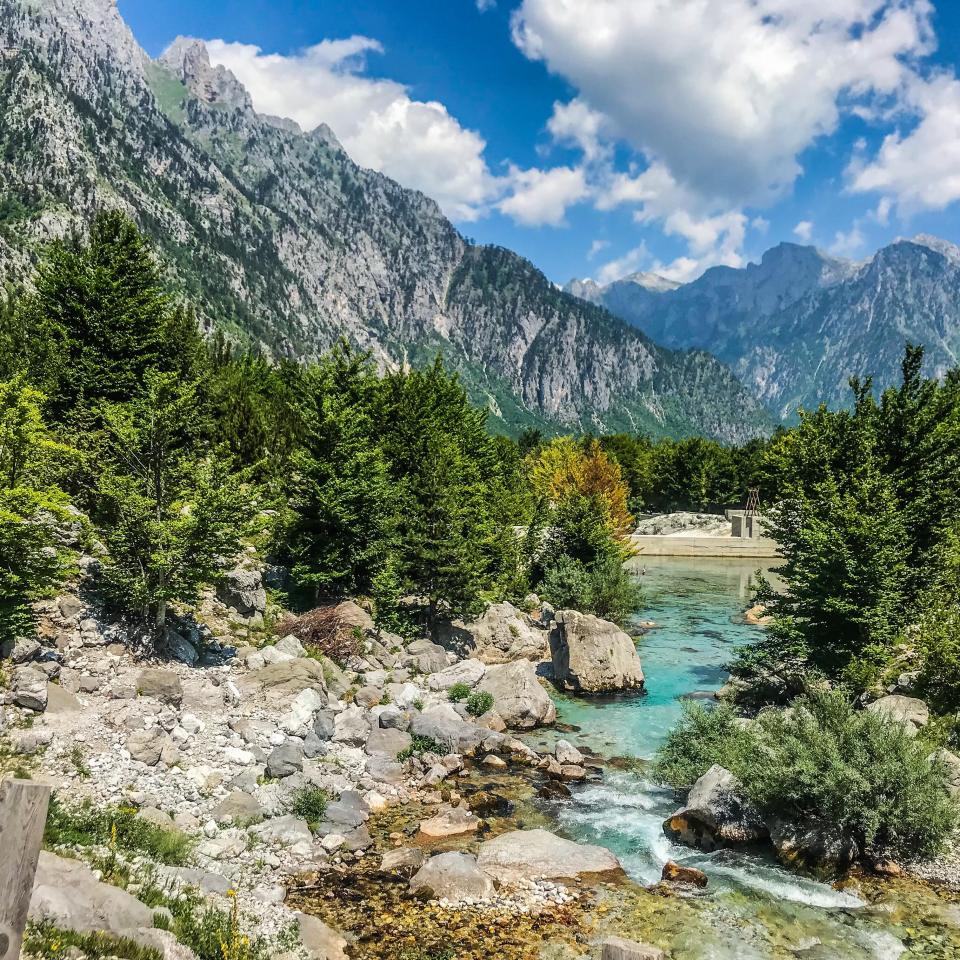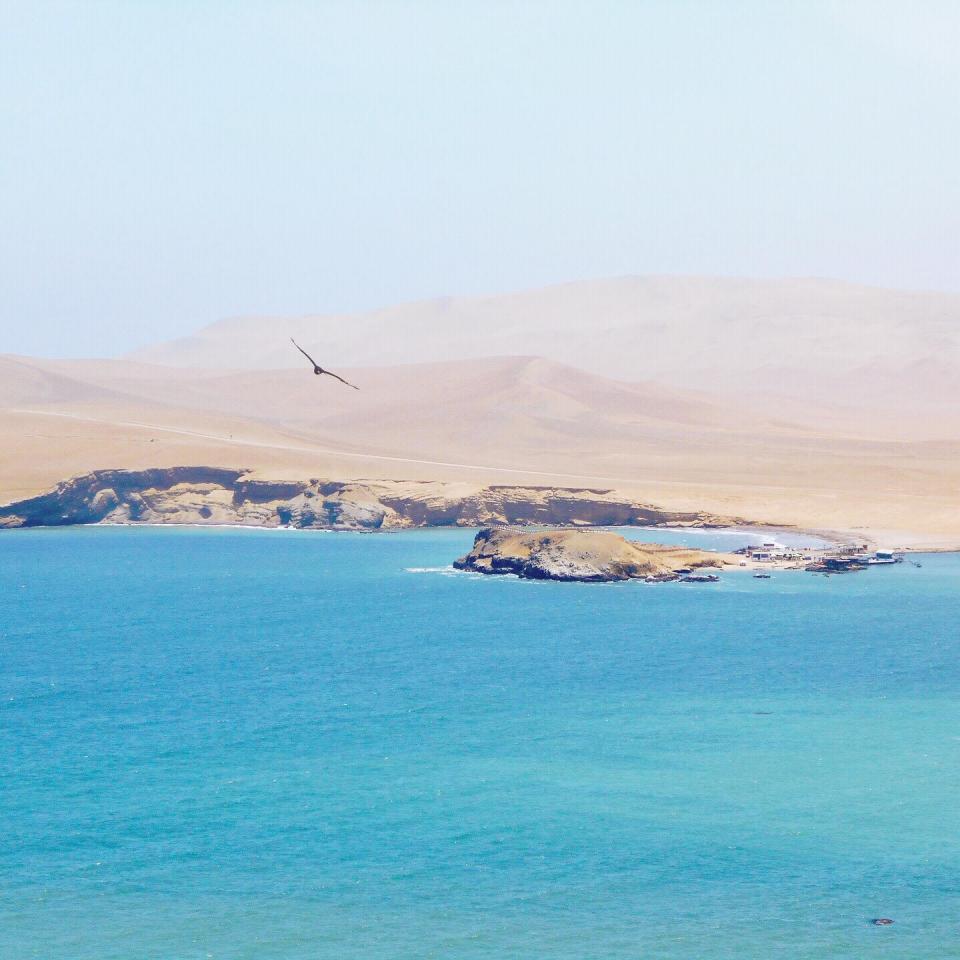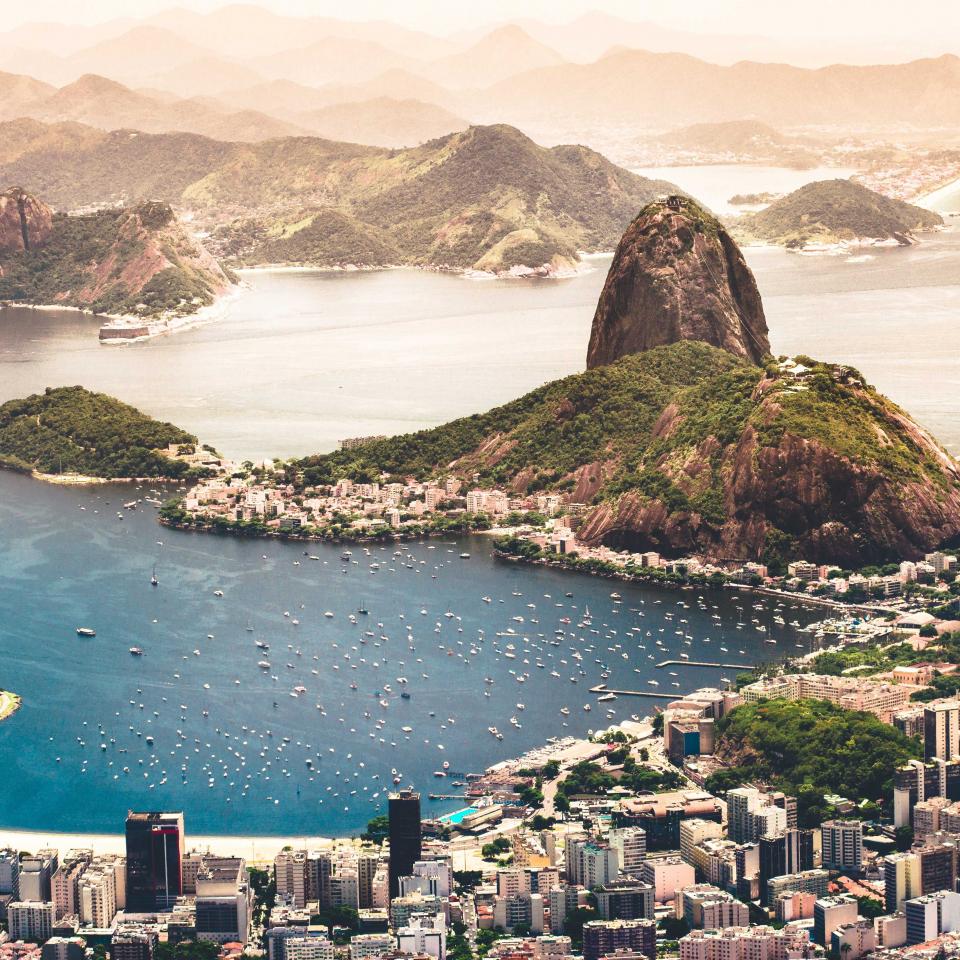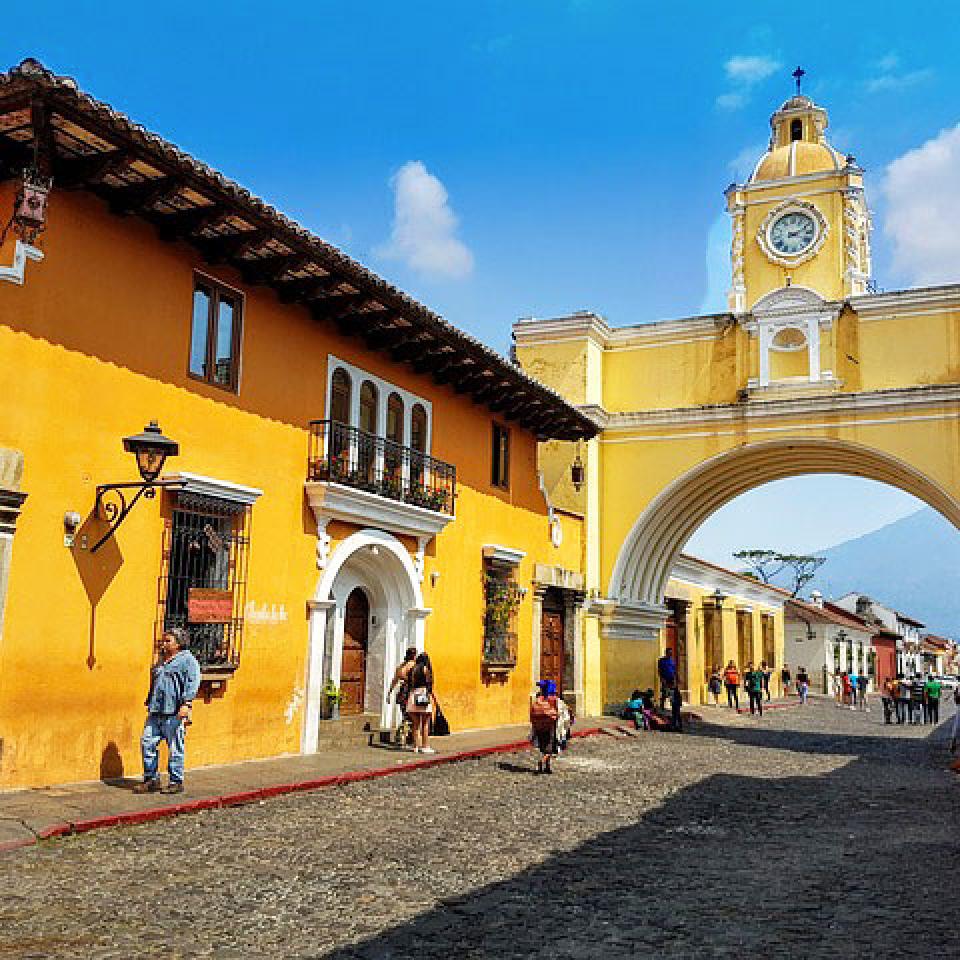With human activity minimised across the world for the last few months, we have seen what happens when we are largely absent from it. While humanity has experienced extreme stress and anxiety, the natural world has roamed free. We have witnessed animals invade city walls in Turkey, pollution levels drop over the skies of China and shoals of fish return to the Venetian canals.
Given this worldwide pandemic and disruption to the tourism industry, travel as we know it, will most likely look very different when we return to our globetrotting adventures. Not only in terms of social distancing, staying healthy while traveling, organising travel insurance in the coronavirus wake and taking health check precautions when we begin to travel again, but also in how we plan and enjoy our trips.
How will people travel after the coronavirus?
The coronavirus crisis has provided a much needed chance for introspection, especially within the tourism industry. It has been an opportunity for everyone, from tour operators to tourists, to reset and review how we can change things for the better. The tourism industry was already trying to move in a greener direction and with this enforced paused comes opportunity. Hopefully this opportunity will help people to embrace slower travel, attracting visitors to stay for longer and moving at a much slower pace. With social distancing measures now at the forefront of everyone's minds, tourists hotspots will lose their appeal.
Staycations and the revival of road trips
Research has shown that in the wake of coronavirus and before a vaccine has been created (which could take years) many people will plan to explore closer to home, or within their home country at the very least. People will likely be cautious about flying, and until clear precautions and concise safety measures are implemented, flying may be a step too far for many people. Because of this, we may see a rival for road trips, along with camping adventures and staycations that allow for social distancing. In our view, this isn’t such a bad thing. If COVID-19 has taught us anything, it is the detrimental effect human activity can have on the world. Staycations will continue to help with the reduction in carbon emissions from flying. In addition to this, staycations and exploring closer to home, give us a deep appreciation for where we come from and the beauty that surrounds us in our own country.
Longer or shorter trips
There is no telling how COVID will affect people’s behaviour when it comes to the length of their future trips. A softer economy may mean that a two week holiday could turn into a long weekend instead to minimise expenditure. However data collected by the tourism industry has shown people researching longer stays in private properties through Airbnb and other booking channels. It is thought that the reason for this is to reduce potential interactions with strangers and maximise their time away if they are flying - taking that risk once a year rather than multiple times throughout the year for shorter breaks. While we understand why people would prefer to rent private properties through largely known platforms, it begs the questions, what will happen to the smaller guesthouses or hostels, run by local families? (which is often their only source of income).
How we hope people will travel after the coronavirus:
Horizon Expansion
At the moment people are staying home and exploring online activities. We have seen mass yoga challenges (like Adrianes 30 Day Yoga challenge), an uptake in meditation apps (Sam Harris), virtual exercise classes, worldwide cooking classes, virtual tours and mass virtual dances. Whether it is through boredom or community spirit, people are trying things they have never tried before. With this in mind, perhaps when we do come out of the other side of this pandemic, people will be more open minded about how they travel and what they want to achieve with their future trips. I believe this ‘time out’ from the world has given people cause to reflect; potentially about their life choice and what makes them happy but also about future travels, our place in this world and what we need to do to work in harmony with it rather than against it.
Travel Slow
Just as coronavirus has forced us to slow down and reflect, we should take a slower more thoughtful approach to travel. Along with our friends over at Gemtrack, we believe in the immense power of taking your time when visiting a new country. There’s an authentic connection that comes with a place when we take the time to understand it, along with the people and the culture, moving past the main tourist attractions. This can’t be achieved in a whistle stop checklist itinerary.
We know from scientific research that travelling slow has immense psychological benefits for travellers; from increased creativity, confidence and happiness, to actually changing your personality and giving you a greater sense of purpose. But have you ever wondered about the benefits of slow travel for the host country and community? Exchange is a two way street. Slow travel not only enriches the life of the traveller but it can positively affect the lives of host communities too.
Travel Sustainably
If this pandemic has taught us anything it is how fragile life is and how, when we are largely absent, the world around us comes to life. Restored and regenerated. The tourism industry contributes to around 10% of the world’s economic activity. It generates employment opportunities, investment for infrastructure and conservation protection, as well as real life educational opportunities and cultural exchange with communities all over the world. But it is also a huge contributor to global warming, with Nature Climate Change reporting in 2018 that tourism accounted for 8% of global greenhouse gas emissions. Every flight we take increases our carbon footprint just that little bit more. It contributes to our plastic consumption and waste, as well as deforestation, endangering wildlife and destroying habitats.
These negative impacts are exactly why sustainable travel and learning how we can be responsible travellers is so important.
As Shelby wrote in her article a few weeks ago,
“Sustainable travel includes environmentalism, but also invites social justice and conscious consumerism into the conversation. To put it simply, sustainable travel means being more mindful in every aspect of your life; from your travel practices, consumerism and spending habits, to where you travel and how you travel.”
I believe that the only way we will be able to travel again, is if we are conscious of how, when and where we travel. Travelling more mindfully through slow travel, staycations, choosing sustainable tour operators, staying in local accommodation as well as eating at local eateries are just a few of the ways in which we can protect the world when our place in it starts back up again. And I believe I am not the only one thinking in this way. With so much time to reflect over the last few months, I think people will want to embrace purposeful travel experiences rather than quick tick boxing long weekends. And that is exactly what Go Travel and Talk is all about. Our ability to wander has been temporarily halted, perhaps now people will think differently in that ‘travel is a privilege, not a right’.
Forge Meaningful Connections
While lockdown has been tough for a lot of us, with the power of technology we have, in most cases, been able to stay in touch with friends and family around the world. But there is a yearning from a lot of people to break free, with an increased desire to meet inspiring characters and forge new connections. I think when we are able to travel again, people will look to build more meaningful connections or seek educational trips prompting the learning of a new skill. People may also want to address a specific need through volunteering and take more time getting to know the places they visit and investing in their local economy.
Invest In Lesser Known Places
After months of staying behind closed doors, people will turn their attention to some of the world's lesser known and populated destinations; to feel a sense of freedom and limitless space. Finding secluded places without having to worry about social distancing will be in demand and at the forefront of a lot of travellers' minds. Going to the lesser known places and seeking out unique experiences, where they can disconnect and reconnect with nature. We have seen the merit in this type of travel which is why we set up Go Travel and Talk in the first place. To encourage off the beaten path adventures and breaking outside of our comfort zones aiding personal growth and development.
When will people look to travel again after coronavirus?
Realistically, travel will be one of the last areas of life to return to normality. With border closures and airlines grounded to a halt, as well as explicit warnings against non essential travel, the light at the end of the tunnel seems a while away yet. However, some European countries are hoping to welcome tourists back in with immediate effect.
Traveling to Europe?
The European commission recently made headlines about planning to go ahead with the summer tourism season, proposing for borders to gradually open in time for people to take summer trips. There has also been talk and implementation of ‘travel bubbles’ otherwise known as ‘green zones’ or ‘sky bridges’. While they are called different things, essentially it is where borders will open between clusters of European countries, without long quarrentines between citizens of different countries where the outbreak is under control (but still not accepting foreign visitors). Much remains unclear though and it has become the topic of fierce debate - will it be safe enough to travel to Europe with the current infection rates? Could we see a spike in infection rates if borders open up again so soon?
Assuming it is safe enough to travel internationally in the coming months, the main problem is that you may have to complete a 2 week quarantine (unless you are inside the ‘travel bubble’), which will likely stop most people from taking a holiday in the first place. However, there are some countries who are determined to welcome visitors as soon as possible, Greece being one of them. Keep an eye out for the 15th June 2020 when the EU may lift the 3 month long travel ban. If this goes ahead, international travellers will be able to go to many places in Europe but again, it all depends on what happens over the next few weeks and what travel precautions for Europe are put in place. You will likely encounter Temperature and Health Screenings at airports going forward as well as amplified crowd control to mandate social distancing.
If you are looking to travel this summer:
Carefully investigate travel insurance after coronavirus. Some providers have now restricted cancellation and disruption cover to travel policies bought after COVID was declared a pandemic in March 2020. Going forward, travel insurance claims relating to coronavirus will likely be excluded from policies as it is now seen as a ‘known event’ that travellers should be aware of. Make sure you go with a reputable insurance provider and if you can’t find a good policy and provider to go with, at least by using a credit card to make your purchase you are more likely to be protected from things like financial insolvency. For more information and travel insurance options in this coronavirus era, check out this article by Money.
Stay healthy while traveling: Assess your own risk tolerance, take precautions and make smart decisions about your travel. The CDC website is a valuable resource during such unprecedented times. Take a look before you plan on travelling anywhere. More on this below.
Tips on staying healthy while traveling in a post COVID era:
--> Carry a personal water bottle. Our partners over at A Circle Back have an incredible range of water bottles, all sourced from local businesses with big impact missions.
--> Ensure you carry hand sanitiser and hand wipes
--> Always wear a face mask - We are huge supporters of Hiptipico, a fair trade Guatemalan online shop specialising in Maya textiles. They have recently pivoted to create amazing Face Masks, with the money made going straight back to the indigenous women who make them.
--> Wear gloves at all times
--> Take a first aid kit with you including a temperature gauge
--> Maintain social distancing as much as you can
Closing thoughts…
While this pandemic has wreaked havoc with holiday plans, it has also given us a time for introspection and to consider how we might explore our world in a more sustainable way. I hope that when the various travel bans lifts, and people start packing their backpacks and suitcases, they remember how the natural world thrived when we were absent from it.
Travel is integral to our economy, but sustainable travel is critical to the health of our planet, not only for us but for the future generations to come. So if you are planning to travel in the coming months, really think about ways in which you can balance your desires while considering the health of the planet.
And if you have any ideas you would like to share with us, we would love to hear from you!

